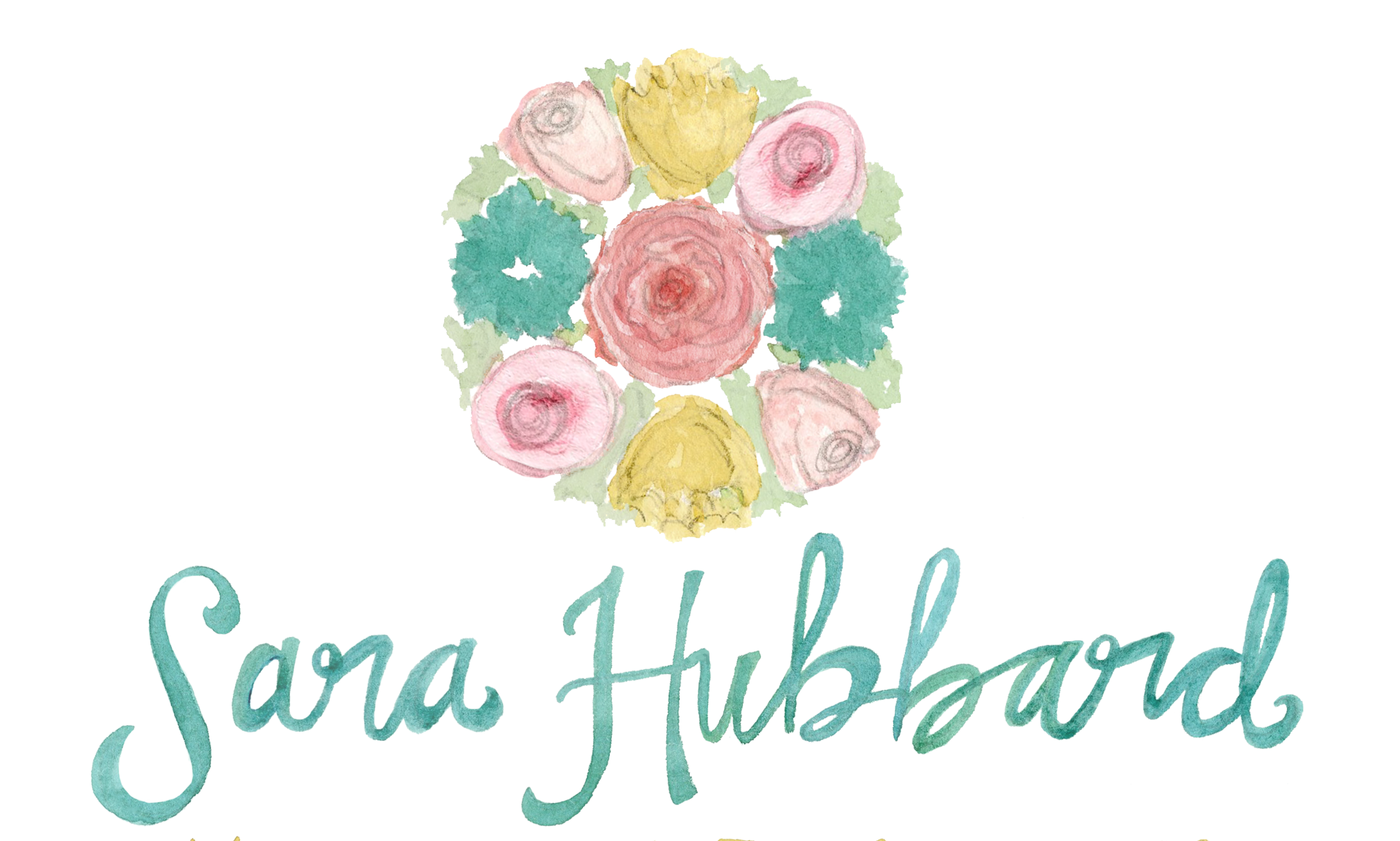The Truth About Sugar
Most of us are aware that sugar isn’t the healthiest thing to put in our bodies, but when it comes to our indulging in our sweet tooth, do we actually understand the truth about sugar and its effect on the brain and overall health?
What is Sugar?
More than 54% of processed sugar sold in America comes from sugar beets that are genetically modified. The best known source of sugar is table sugar or sucrose, which is refined sugar of the sugarcane or sugar beet plant. This type of sugar is made by stripping the cane or beet plant of all of its fiber, vitamins, and minerals, a.k.a. removing all of the healthy stuff we want.
Even more alarming is that most of the sugarcane consumed by Americans are sprayed with an herbicide called glyphosate to speed up the ripening process and increase its sweetness. What’s frightening about this is that there is NO safe level of glyphosate for human consumption. So to sum it up this sugar is processed into a white powder that is either genetically modified or covered in unsafe herbicides – doesn’t sound sweet to me!
Sugars Effect on the Brain
When you consume this processed and refined form of sugar, the body has to pull from its own reserve of vitamins and minerals in order to digest – think of it like drawing from a savings account. Consequentially, you may experience that shaky, spaced out, uncomfortable feeling, known as the blood sugar crash – which oftentimes leads to reaching for more sugar or caffeine as the body attempts to find balance. The more sugar you eat, the more you crave. It’s a vicious cycle.
Sugars Effect on Overall Health
When it comes to your health, what you eat is a big factor in your overall wellness. Even more interesting is that the number one needle mover in health transformation is managing your blood sugar level. So what does that mean when it comes to sugar?
If you’re eating sugar on a regular basis, you’re on a constant biochemical and emotional roller coaster ride that is putting your body into a continual stress response state. What’s scary about this is that this can play a huge toll on your health and cause the following:
- Weakened immune system which destroys germ killing ability of white blood cells for up to 5 hours after digestion along and chronic infections
- Cardiovascular disease
- Hypoglycemia
- Depression
- Increase cancer risk
- Weight gain as insulin stores excess blood sugar as fat
- Low energy
- Moodiness
Sugar is everywhere (think processed food which is laced with sugar such as cereal, granola bars, sauce, soup, dressing, and the more obvious such as candy and cookies), and even worse is oftentimes hidden or masked on food labels. So how do we go about being mindful and conscious of this? Check out the list of common sugars listed on food packaging and labels.
Not All Sugar is Treated Equally
It is best to avoid processed and refined sugar all together – along with artificial sugars such as Splenda (sucralose), xylitol, sorbitol, maltitol, a.k.a. pure chemicals which cause bloating, diarrhea, and gas.
So what sugar is ok? The naturally contained sugars in fruit contain fiber, vitamins, enzymes and other properties is safe because they provide benefits to the body. Lastly, when consumed in moderation, natural, organic/non-GMO sweeteners such as honey, maple syrup, and cane sugar are some of your best bets.
Now that you understand more about what sugar is, where most of our sugar comes from, its effects on your body, and what types of sugar is safer to consume, you can begin to make more conscious and educated decisions when it comes to reading food labels.


